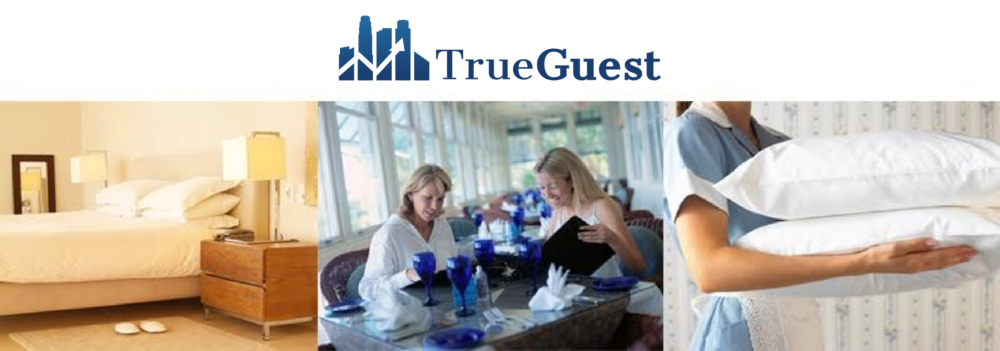Dear TrueGuest,
I was recently promoted to PBX Manager at a 4 diamond hotel. Our service scores in PBX have been awful. Can you help?
Thanks,
April
We can help. Good phone skills are a lost art. If you are experiencing poor scores when it comes to handling phone calls, focus on the basics. The secret to PBX is consistency. Here are some basic tips:
1. Make it your goal to have every single phone call answered within 3 rings. Test to make sure that it is happening. Call the hotel during different times of the day and score each shift. Don’t forget night audit. We often call night audit and don’t get an answer even after 20 rings.
2. Place a small mirror by every phone in the PBX office and teach every operator to answer every call with a smile in their voice. If they have a smile in their voice, they also have a smile on their face… hence the mirror.
Basics on answering external calls
All calls should be answered by using a greeting (good morning, good afternoon, good evening), announcing the name of the hotel, and announcing the name of the person answering the call, and an offer to help. Example: Good morning, thank you for calling the World’s Best Hotel, this is April, How may I help you?
The secret here is consistency. The phone should be answered the same by every operator on every shift.
